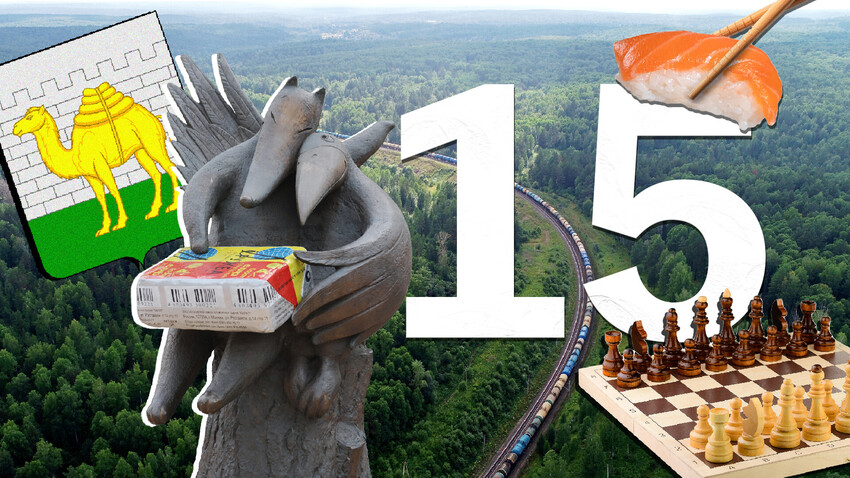
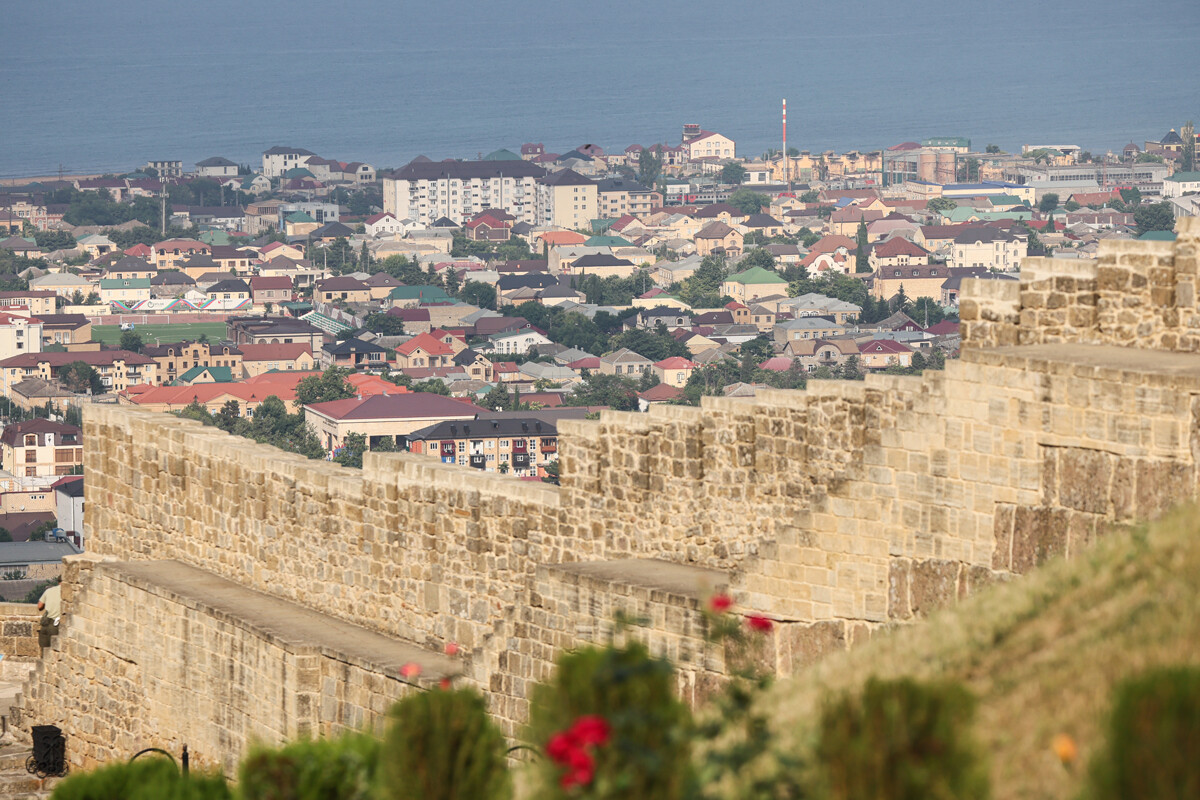
We’re talking about Derbent in the Republic of Dagestan. According to some data, people have been living there as long as 5,000 years ago. In ancient times, the city used to be a stronghold, referred to as the ‘Caspian Gate’, and inhabited mostly by Persians, defending the Caspian passage from other peoples.
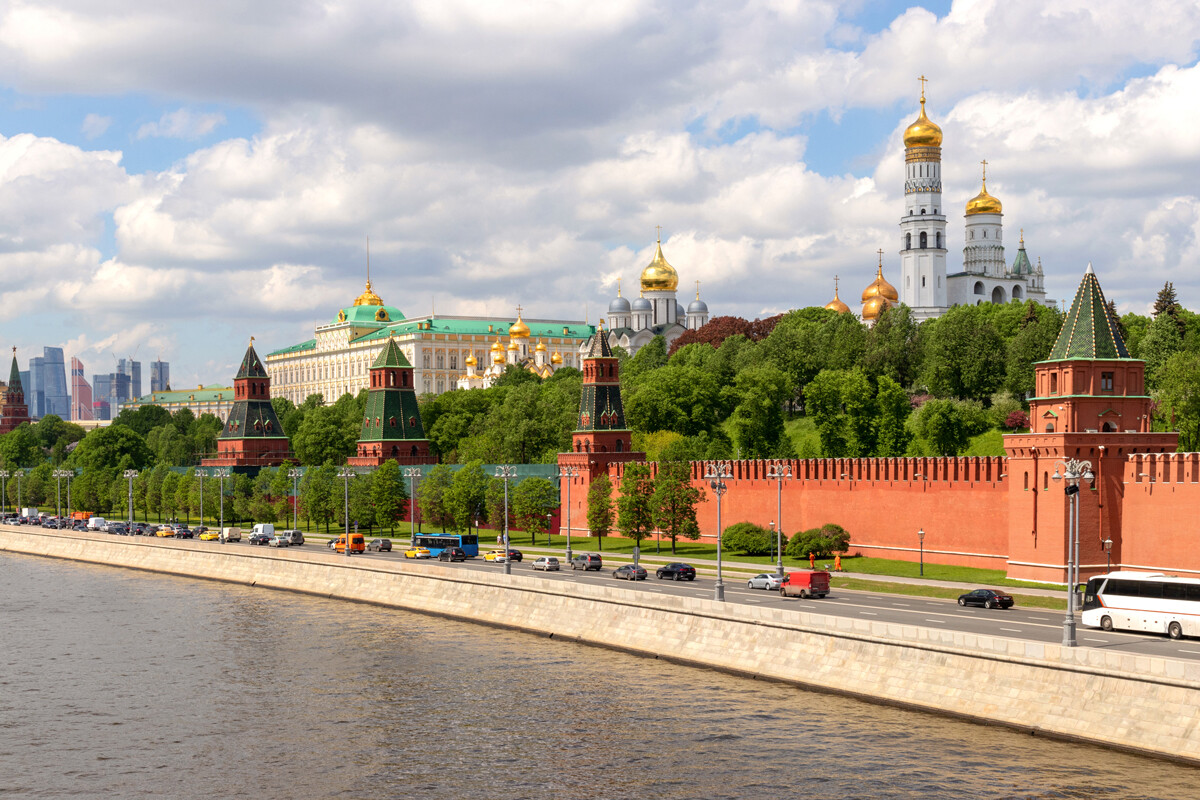
The Moscow Kremlin takes up 277,000 sq. meters of space, while its wall, stretched out, is two kilometers long! Architectural treasures dating back to the 14th century onwards can be found on its territory – cathedrals, churches, a Peter the Great-era armory, the Kremlin and Senata palaces, the latter of which houses the office of the Russian President.
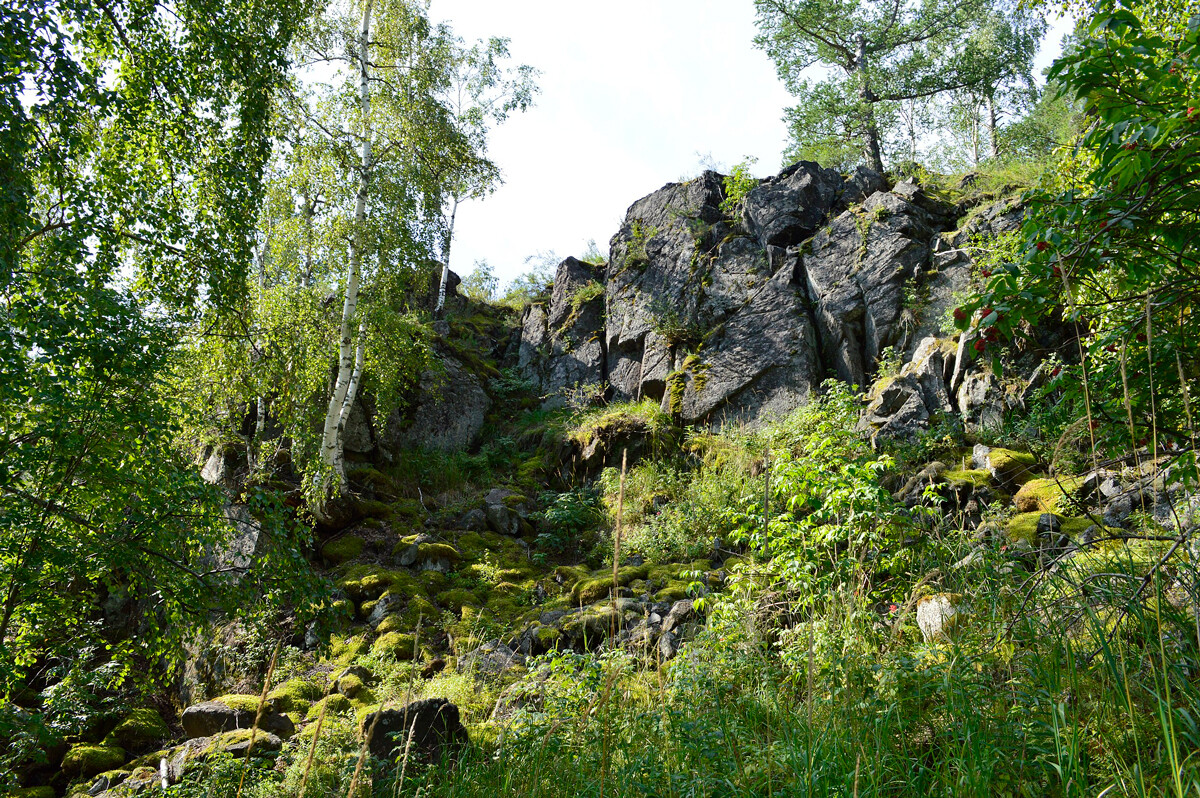
OK, this one is debatable, but some data estimate Mount Karandash in Chelyabinsk Region to be as old as 4.2 billion years – an idea that could be explained by the fact that it comes from the Earth’s mantle; after numerous tectonic shifts over billions of years, its material gradually inched upward, creating the mountain, which is part of the Urals mountain range.
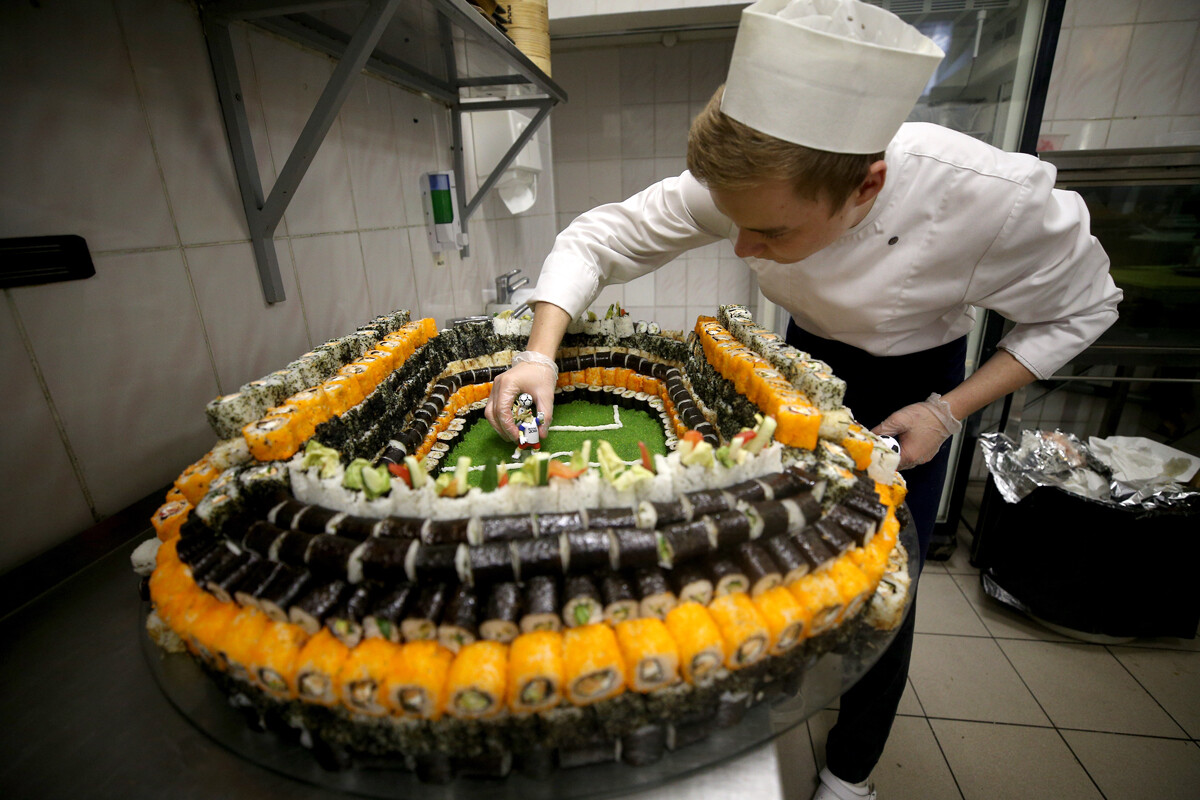
The popularity of the Japanese dish in Russia exploded in the 1990s, when it was considered extremely exotic. But, the more popular it got, the more affordable it became, finally entering everyday life and becoming little more than fast food. Of course, it’s because of that affordability that Russian sushi also differs greatly from the Japanese original!
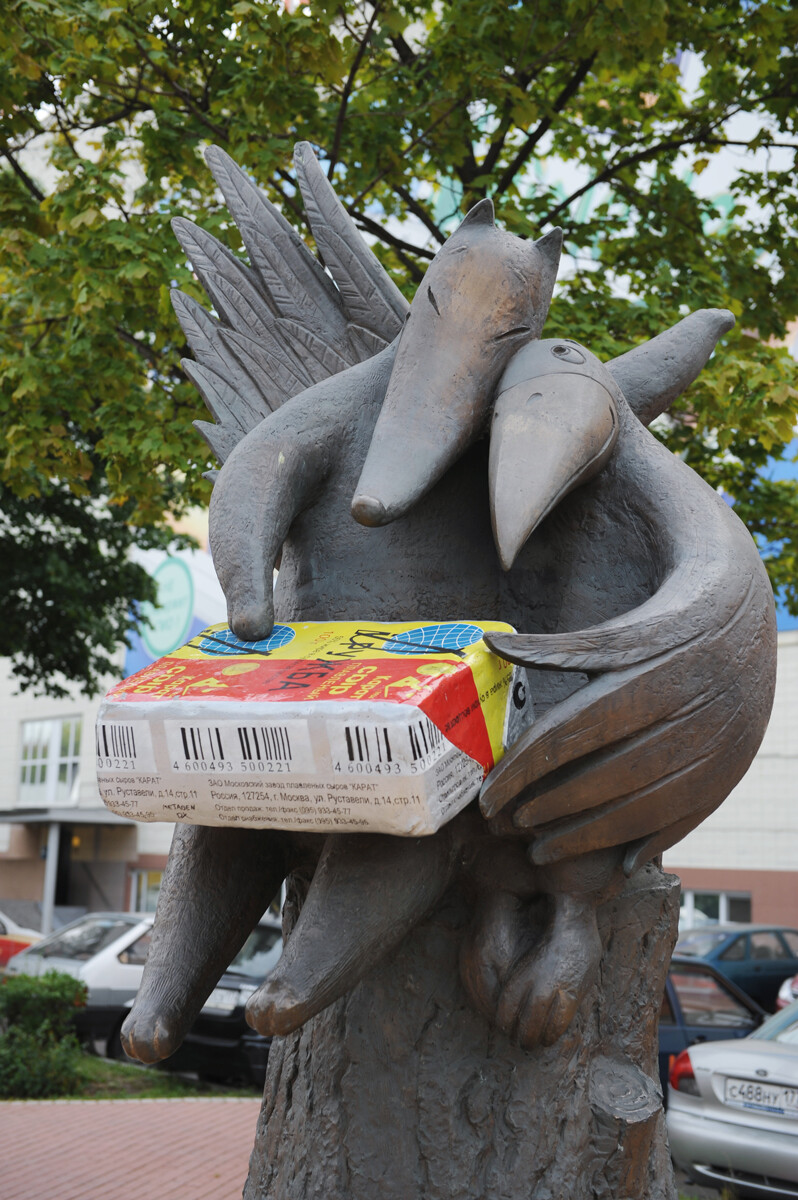
Russians seem to have a fetish for monuments – there are about 172,000 of them across the country. And not all are the usual kind: For instance, one in Stavropol Krai honors the medical enema/clyster (yes!), while Moscow has one that appears to worship soft cheese.
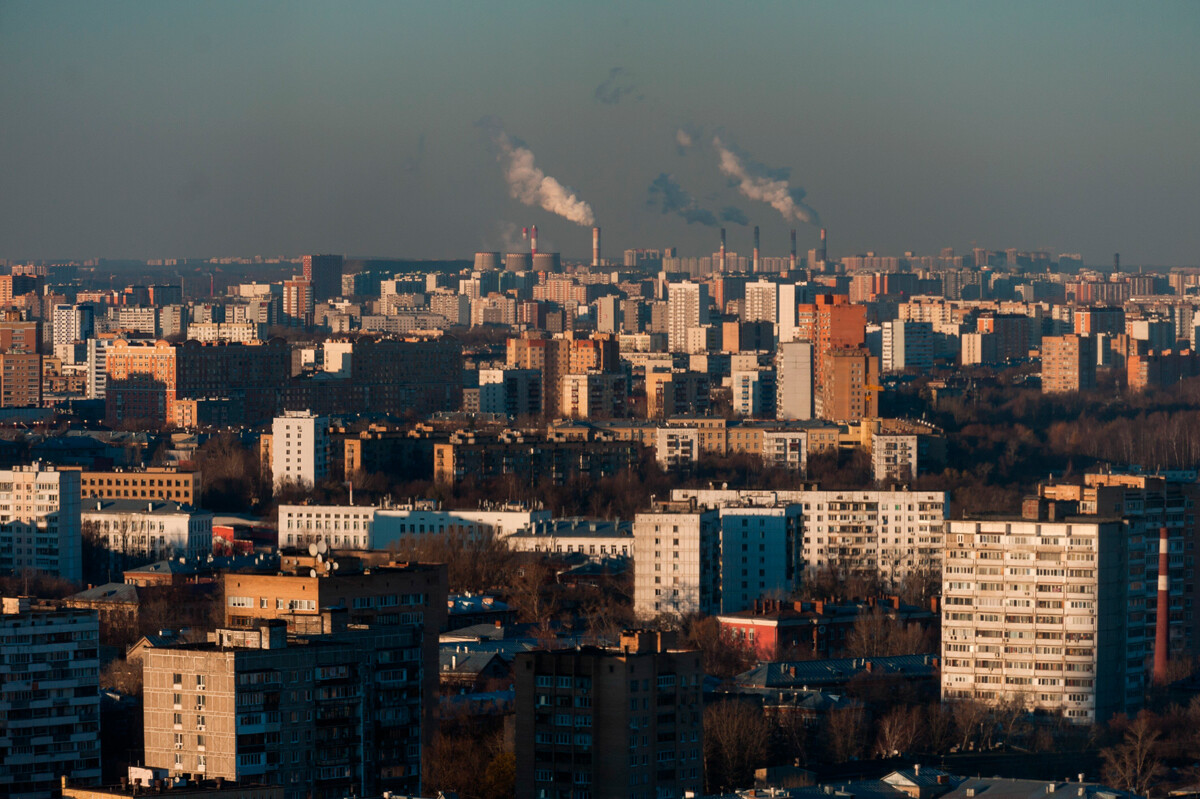
Of those 15, Moscow alone has an official population of 13 million as of 2023, making the capital the country’s most populous city. The majority of the million-plus cities are situated, like Moscow, in the western part of the country.
The aim of the game is for a player to to hit a massive ball measuring a meter in diameter into a designated zone using a four-meter long hockey stick from a moving helicopter! The first championship was held in 2013.
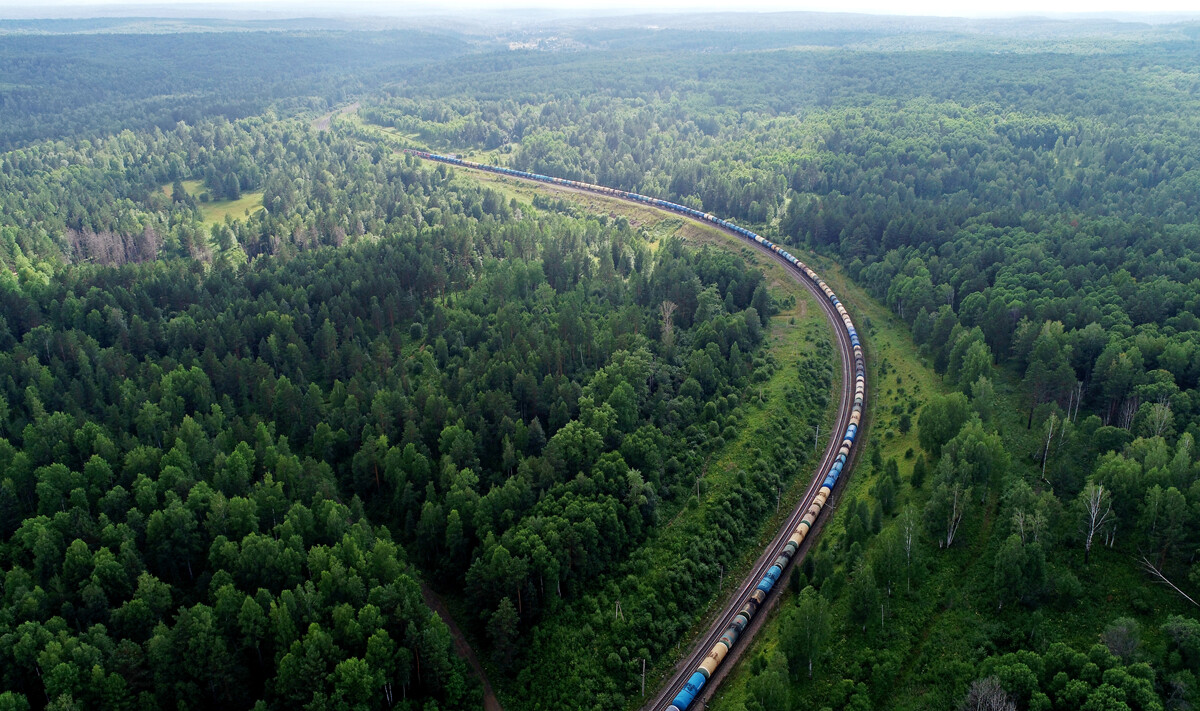
We’re, of course, talking about the Transsiberian railroad, which measures 9,298 km in total length and crosses 8 time zones, 87 cities and 16 rivers. If you travel non-stop, the journey would take you almost a week!
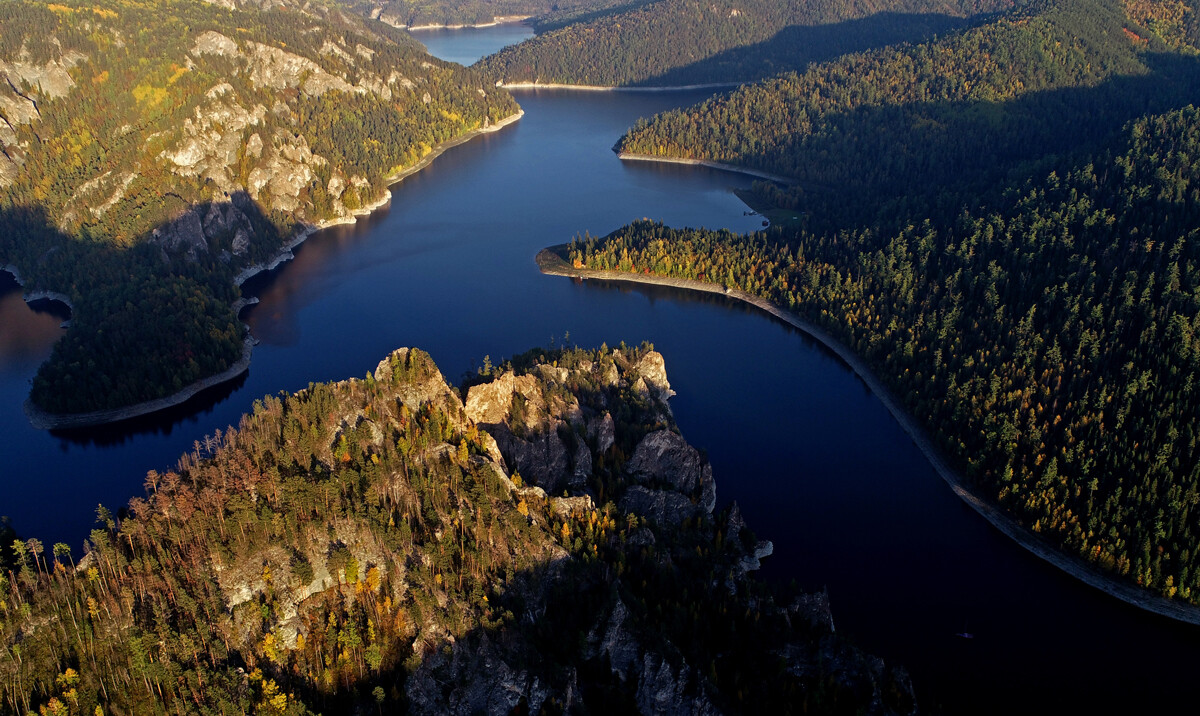
More than 50% of the country’s territory is covered in untraversable taiga and permafrost of the North. Therefore, most of the country’s population resides in its western and south-western parts.
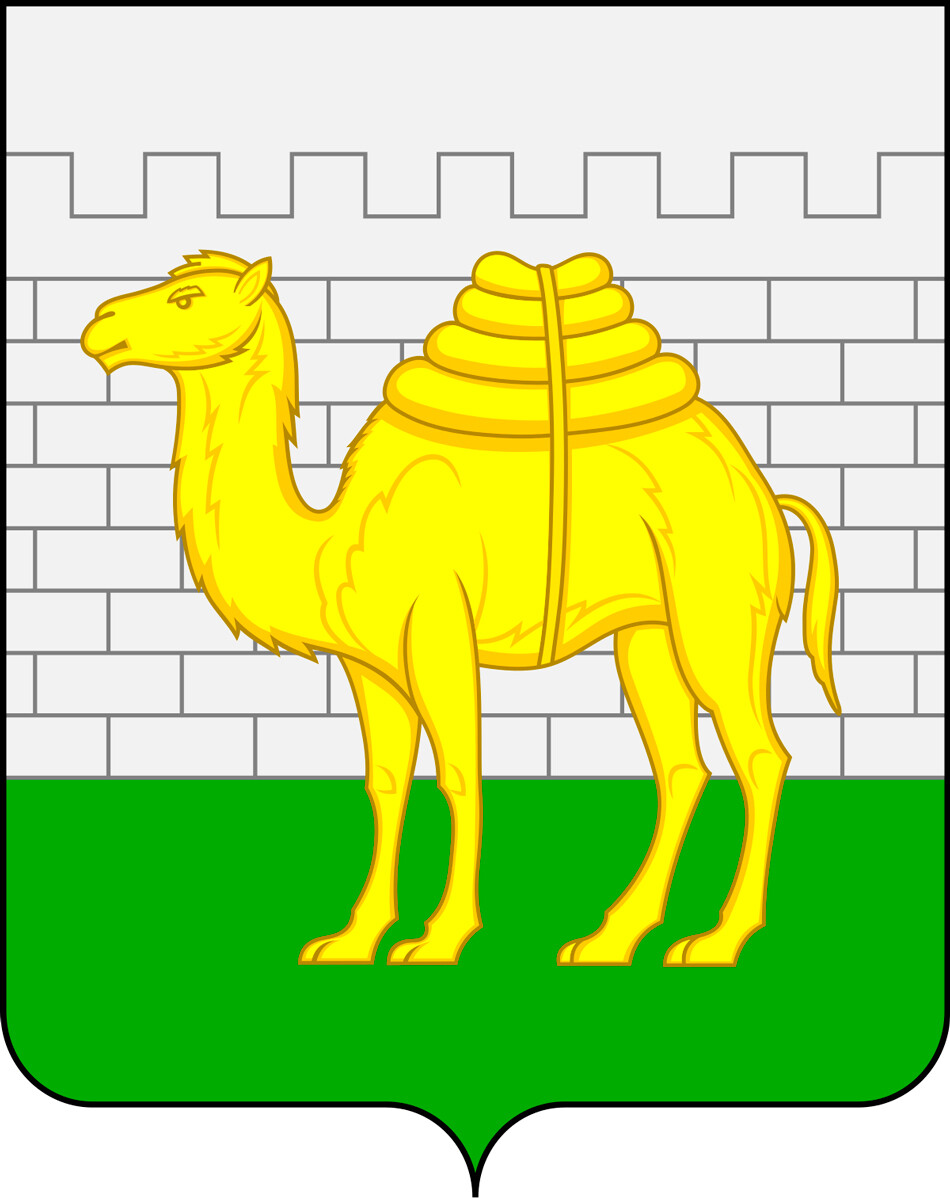
The reason the coat of arms features a camel has to do with the city of Chelyabinsk situated on what was once the Silk Road, dating back to a time when camels were the most convenient mode of transporting cargo – even as far north as Chelyabinsk!
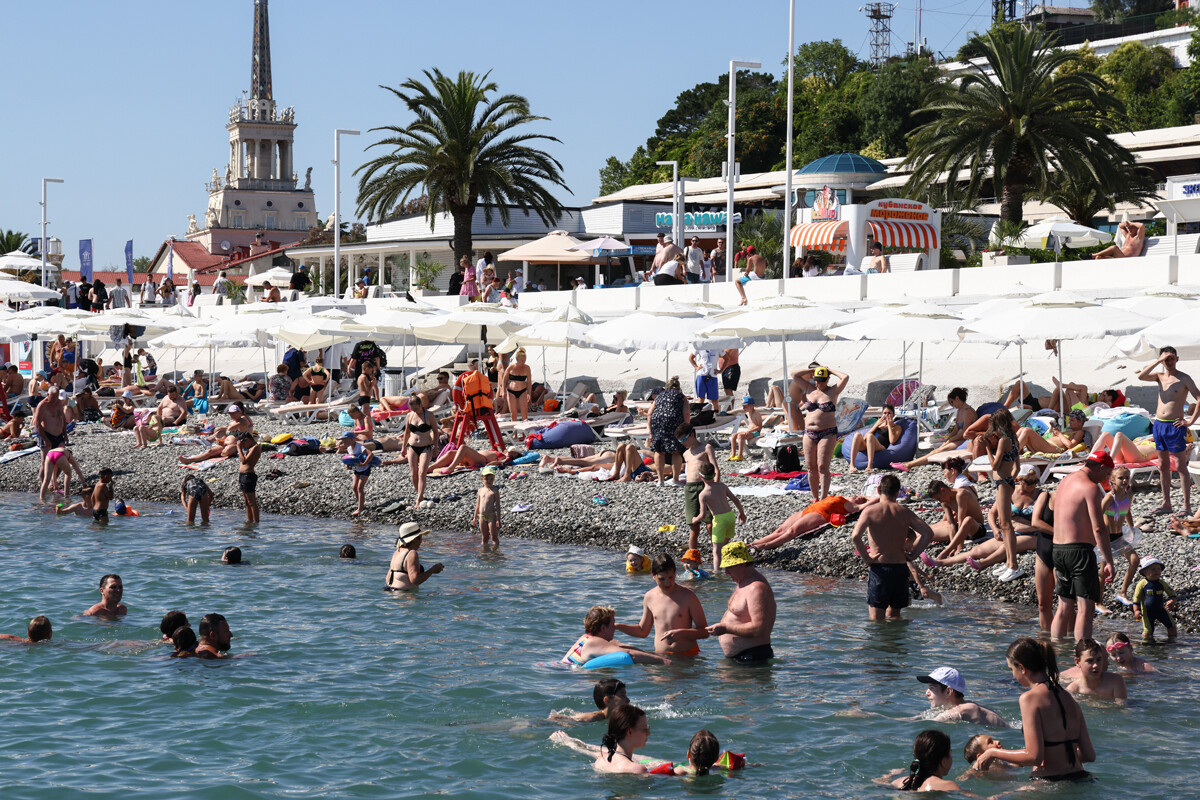
One of Russia’s most popular southern resorts is actually more to the north than the considerably colder, easternmost city in Russia, Vladivostok, despite both sitting on the 43d parallel.
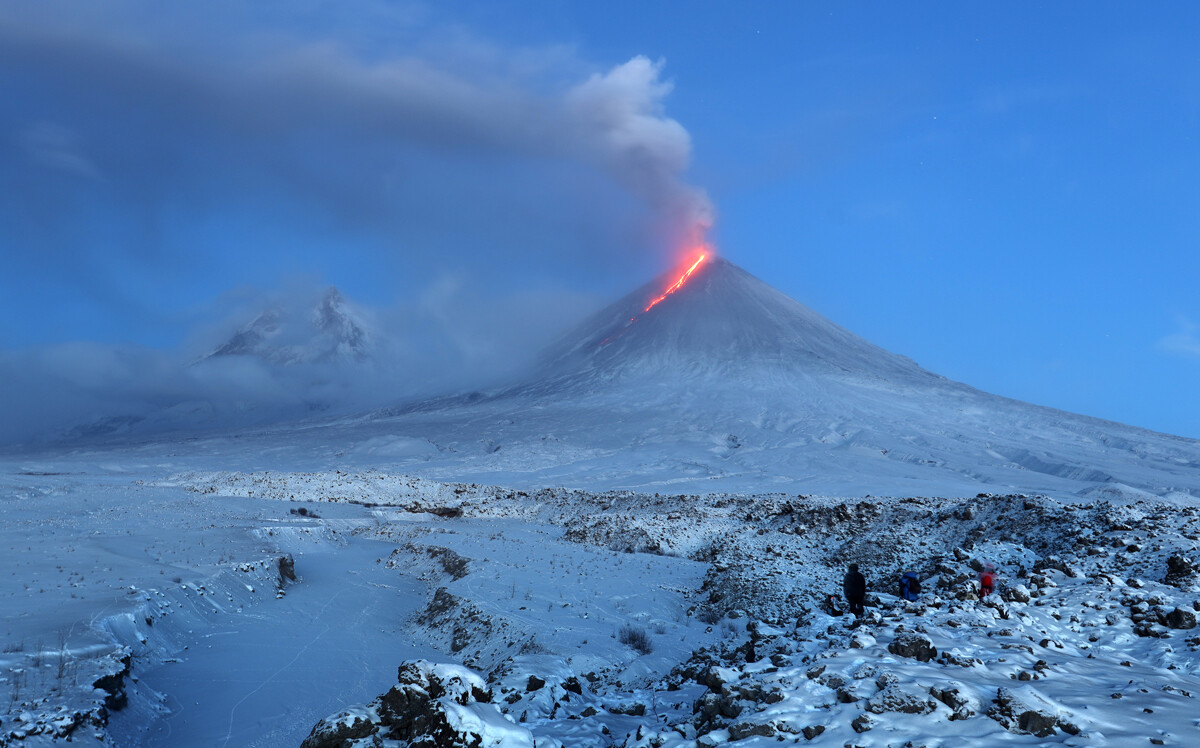
We’re talking about the Klyuchevskaya Sopka – more than 7,000 years old, located on the Kamchatka archipelago. The volcano is considered to be among the most active in the world, with over 30 eruptions having taken place over the last 100 years.
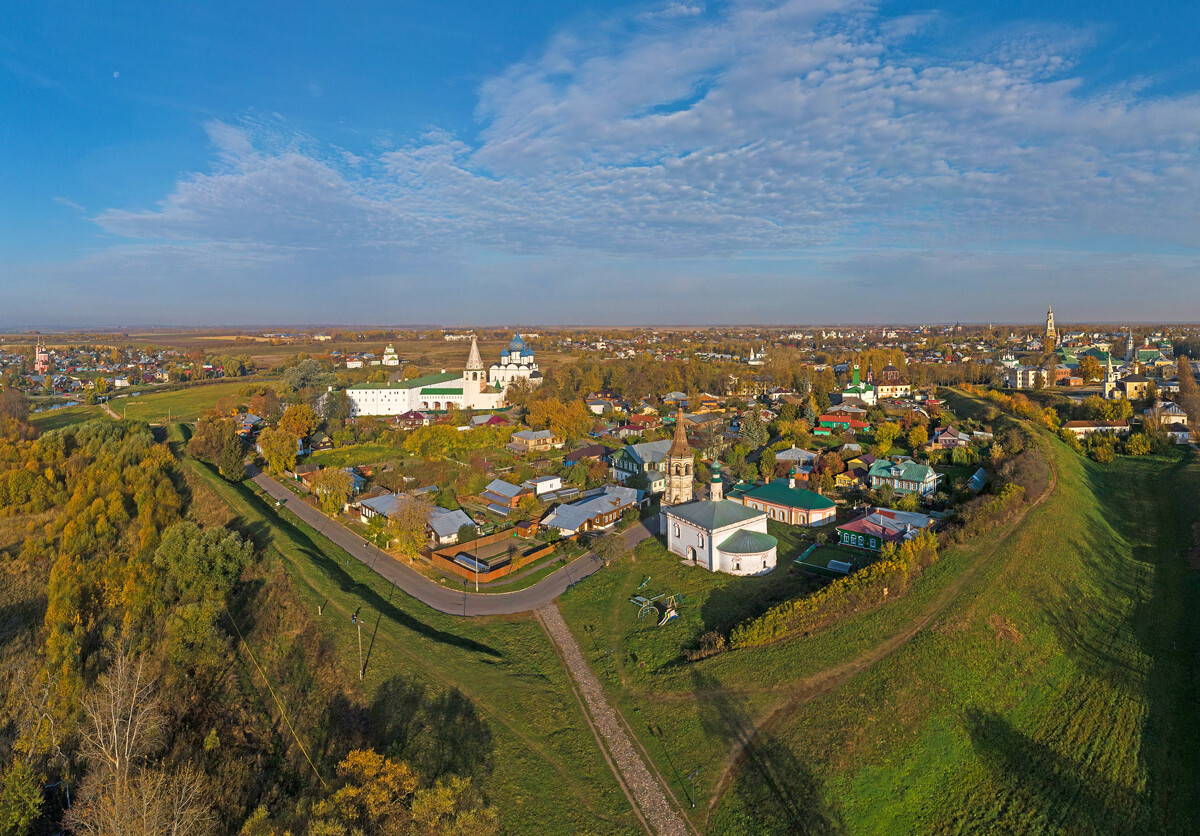
Despite the modest size, the city is home to a whopping 53 Orthodox churches, the oldest of which is the 12th-century Nativity Cathedral. In comparison, Moscow has an area of 2,511 sq. kilometers!
Chess arrived in Russia from the East sometime in the 7th-9th centuries. It was popularized among the 18th century aristocracy by Peter the Great. The general population soon took an interest in the game, as well, leading to its spread throughout the country. Soccer, on the other hand, became popular only 200 years later. Chess, meanwhile, had its own full-fledged cult in the Soviet Union. Its players were the first athletes allowed by Joseph Stalin to attend international tournaments in the 1930s.
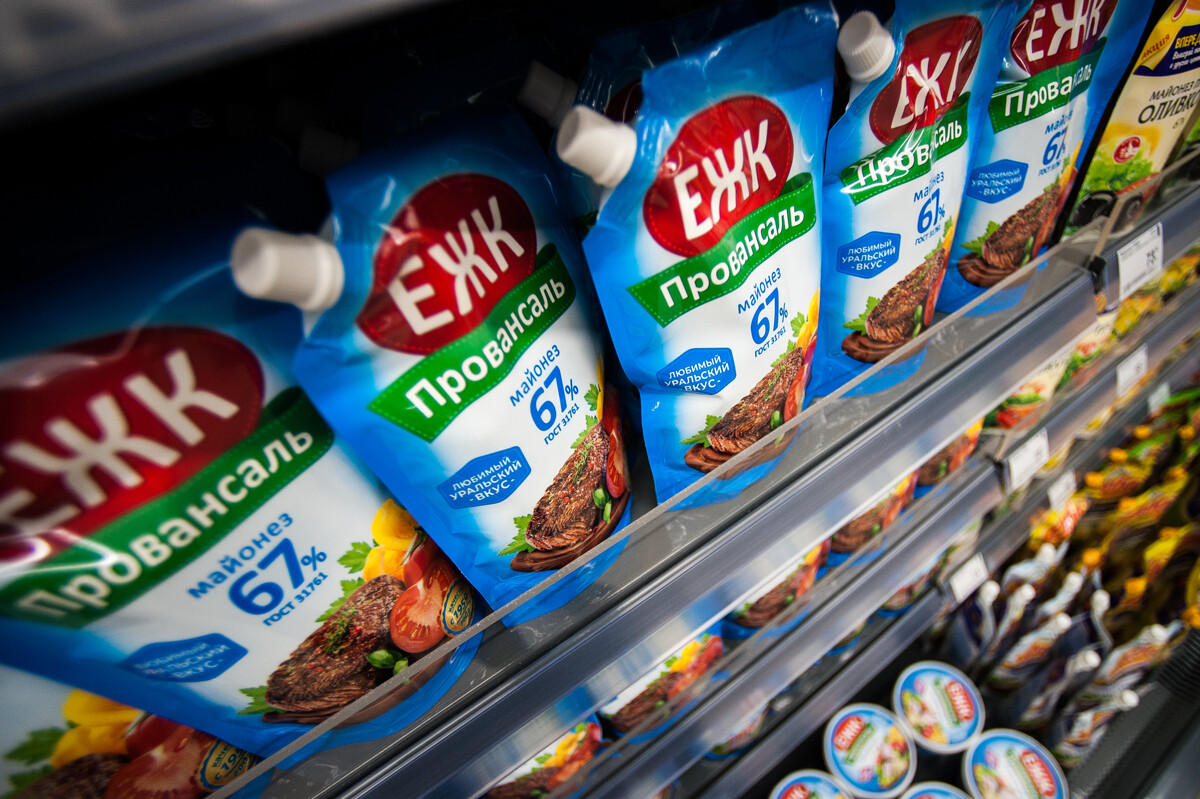
That’s right! The fact has to do with one of the biggest mayonnaise-producing plants in Russia located just outside Ekaterinburg. Due to such widespread availability of the fatty condiment, it’s no wonder that mayonnaise became one of the main staple condiments of every dinner table there.
If using any of Russia Beyond's content, partly or in full, always provide an active hyperlink to the original material.
Subscribe
to our newsletter!
Get the week's best stories straight to your inbox